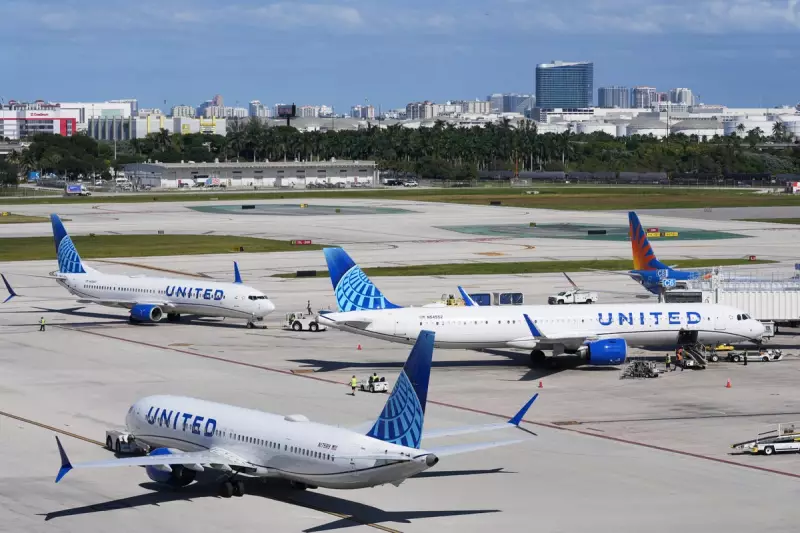
A controversial bonus scheme for US air traffic controllers, intended to reward those who worked without pay during a government shutdown, has left the vast majority of staff empty-handed. The Federal Aviation Administration (FAA) confirmed that only a small fraction of the more than 10,000 controllers who worked through the financial uncertainty would receive the payment.
The Perfect Attendance Controversy
On Thursday 20 November 2025, the FAA announced that only 776 controllers would qualify for the $10,000 bonuses suggested by President Donald Trump. The strict criterion for receiving the money was perfect attendance throughout the entire shutdown period.
This decision came after the President took to social media to propose the bonuses for those who stayed on the job. In the same post, he also suggested that controllers who had missed work should have their pay docked. FAA officials have not publicly announced any plans to implement such penalties.
Financial Strain Led to Widespread Absences
The government shutdown dragged on for longer than a month, placing immense financial pressure on the air traffic controllers who were required to work without receiving a paycheck. As a result, a significant number of controllers began calling out of work.
Some sought side jobs to make ends meet, while others found they simply could not afford the costs associated with getting to work, such as childcare or petrol. These widespread absences had a direct and tangible impact on the national aviation system, forcing delays at airports across the country. The situation became so severe that the government was compelled to reduce the number of flights at 40 of the nation's busiest airports to manage the strain.
Fallout and Lingering Resentment
The FAA's bonus policy, while rewarding a small group, has highlighted the deep financial hardships faced by the essential workforce during the political impasse. With over 10,000 controllers having worked without pay, the fact that fewer than 800 will see the bonus is likely to fuel resentment and raise questions about the fairness of the scheme. The episode underscores the profound real-world consequences of government shutdowns on both public servants and the critical infrastructure they operate.





